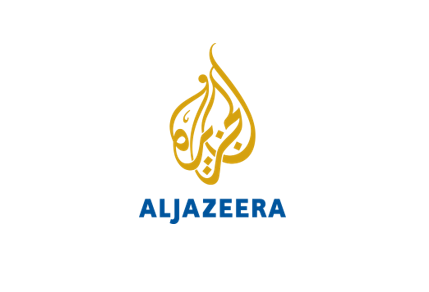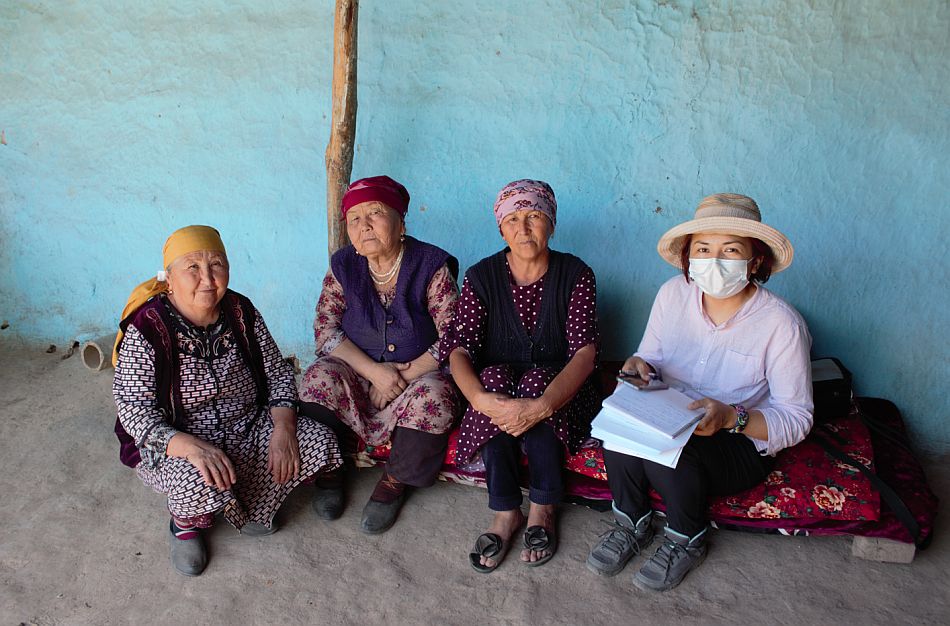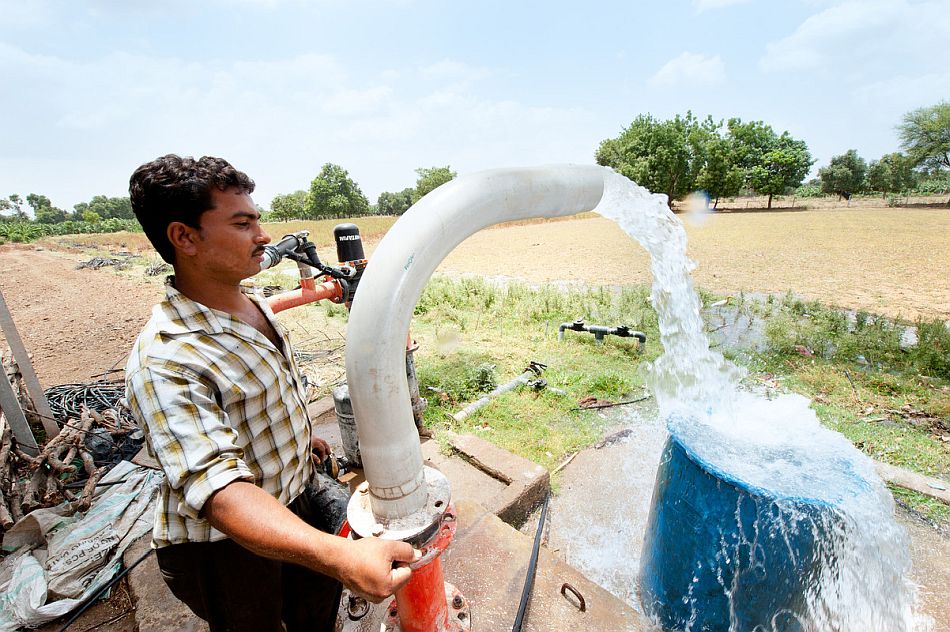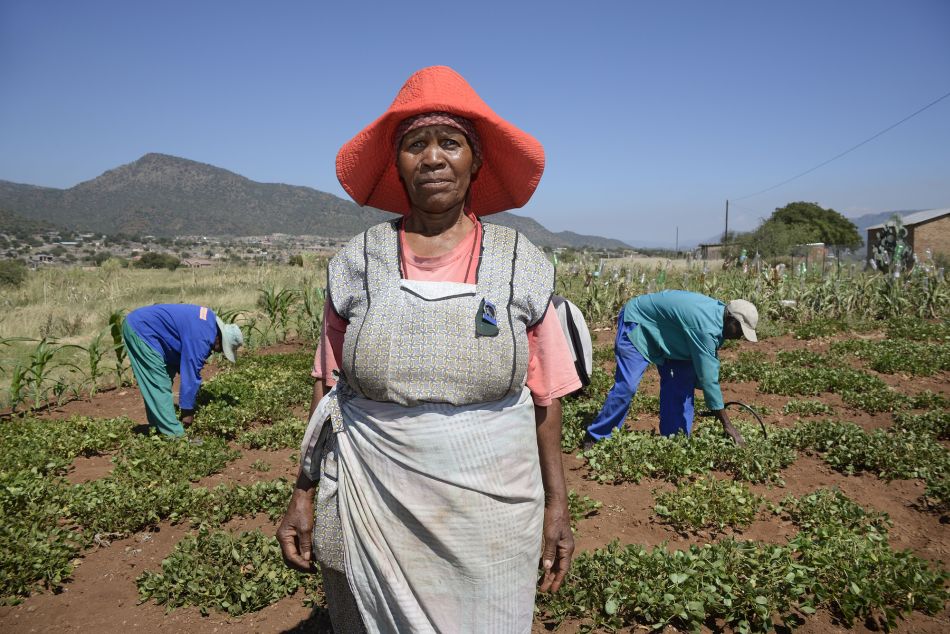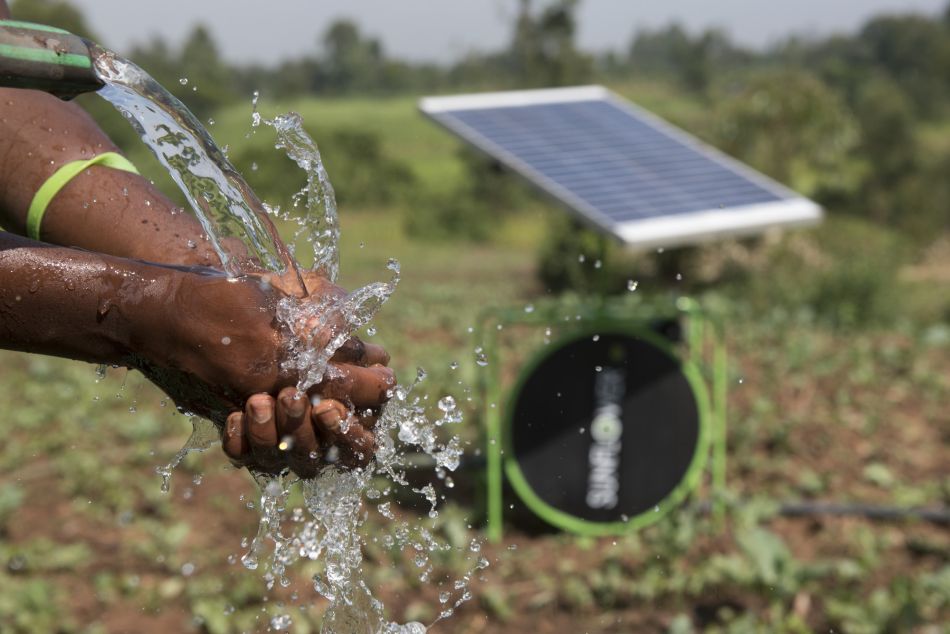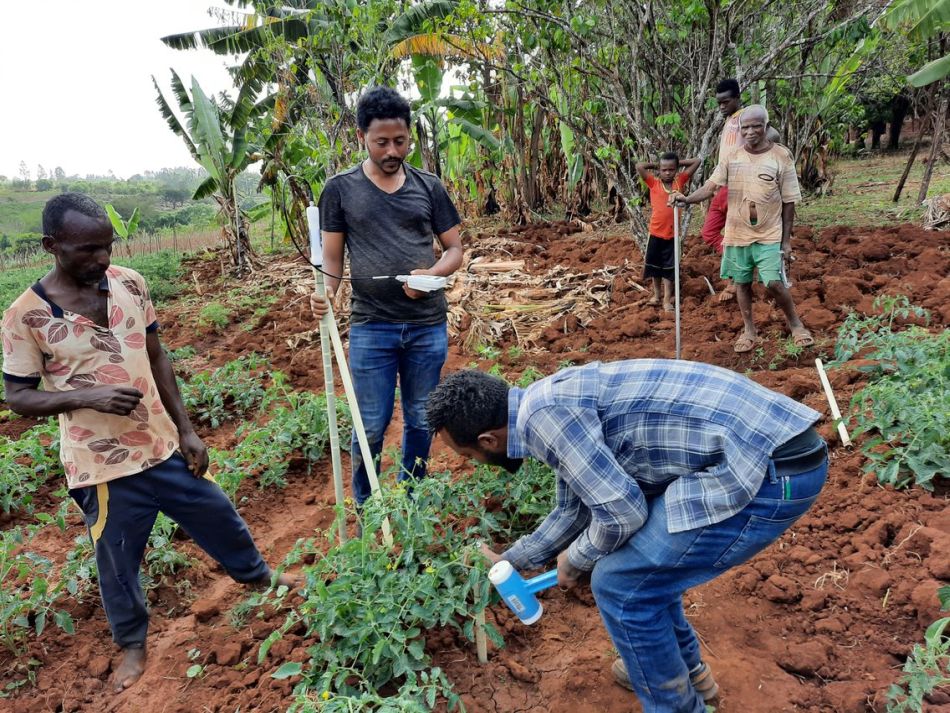The water accounting imperative gains ground
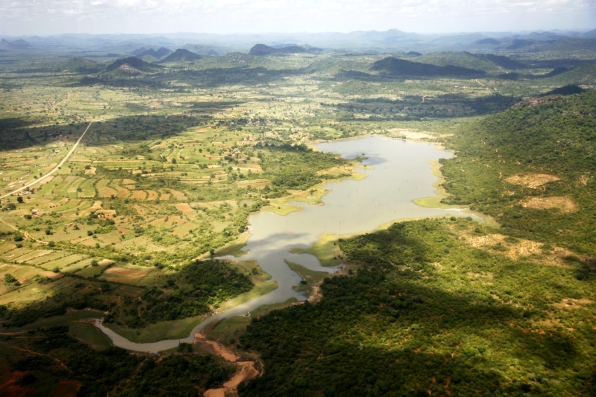
When corporations run aground, the internal auditors are among the first to take the blame. By the same token, when a water crisis hits, the first question to ask is whether the places affected have their “water accounting” in order. This is an approach for quantifying the status of water resources in a given region over a particular period of time.
The vital importance of the concept for effective water governance is the key message of a side event being held at the 8th World Water Forum this week in Brasilia, Brazil. Claudia Sadoff, director general of the International Water Management Institute (IWMI), is taking part in a panel discussion on a new white paper and accompanying policy brief on water accounting.
IWMI popularized the term “water accounting” in the 1990s and led the development of this concept. By drawing the analogy between water and financial management, we drove home the point that monitoring water balances is just as important for sustainable development as the financial balance sheet is for a company’s outlook. Verified or audited water accounts help ensure that key decisions about water have a solid scientific foundation. These accounts can help donors, for example, trace the impact of investments in water infrastructure or other improvements.
Obviously, financial accounting and auditing are most effective when based on consistent methods. To bring a similarly standardized approach to water accounting, IWMI and IHE-Delft have devised an approach called Water accounting+ or WA+. It uses remote sensing and global data sets to calculate consistent water accounts for a particular location. This approach overcomes discrepancies in the data for adjacent regions and provides estimates in cases where locally collected data are inadequate.
In a new push to gain recognition for water accounting, IWMI, IHE-Delft, the Food and Agriculture Organization of the United Nations (FAO) and the UN World Water Assessment Programme (WWAP) of the UN Educational, Scientific and Cultural Organization (UNESCO) have formed the Partnership for Water Accounting, which brings together global leaders in water management that have developed water accounting approaches. The partnership facilitates global quantification of water management services and benefits in unprecedented detail, giving rise to powerful big data systems that would be impossible based only on field measurements or hydrological modelling.
With more countries facing water scarcity, there is an urgent need for wider adoption of water accounting to provide coherent and consistent reporting both nationally and across transboundary river basins. To this end, IWMI and various partners have embarked on projects in India, Laos, and Thailand, with the aim of integrating WA+ into national efforts to strengthen food and water security. We are also working in the Nile, Volta and Mekong River Basins to create a mechanism for consistent reporting on water resources across national borders.
The new white paper is an output of the World Water Council Member initiative on water accounting for agriculture, which is led by FAO in partnership with the International Commission on Irrigation and Drainage (ICID), IWMI, University of Nebraska Daugherty Water for Food Institute, IHE-Delft and WWAP.




